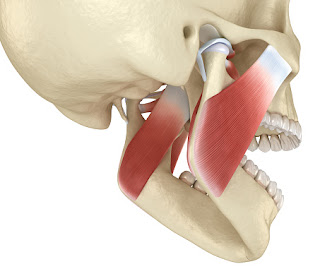How To Fight Chronic Fatigue Sydrome
There's no single test to confirm a diagnosis of chronic fatigue syndrome. Symptoms can mimic those of many other health problems, including:
Sleep disorders. Chronic fatigue can be caused by sleep disorders. A sleep study can determine if your rest is being disturbed by disorders such as obstructive sleep apnea, restless legs syndrome or insomnia.
Medical problems. Fatigue is a common symptom in several medical conditions, such as anemia, diabetes and underactive thyroid (hypothyroidism). Lab tests can check your blood for evidence of some of the top suspects.
Mental health issues. Fatigue is also a symptom of a variety of mental health problems, such as depression and anxiety. A counselor can help determine if one of these problems is causing your fatigue.
It's also common for people who have chronic fatigue syndrome to also have other health problems at the same time, such as sleep disorders, irritable bowel syndrome, fibromyalgia, depression or anxiety.
In fact, there are so many overlapping symptoms between chronic fatigue syndrome and fibromyalgia that some researchers consider the two disorders to be different aspects of the same disease.
How To Fight Chronic Fatigue Syndrome
Eliminate sugar and processed or packaged foods.
Eat a candy bar and your energy will usually plummet soon after. Sugar and other refined carbohydrates give you a little shot of energy, but at a huge expense: Those blood sugar spikes nosedive quickly, leaving you feeling drained. If eliminating sugar completely is too challenging, gradually trade it for lower-sugar foods, like berries, to transition off sugar. Eat nuts instead of chips or cookies.
Reduce or eliminate caffeine and alcohol.
That afternoon coffee might give you a temporary boost, but if you metabolize caffeine poorly or use caffeine as a crutch for things like bad sleep, coffee can zap your energy. Alcohol can too. It may calm your nerves for a short time, but may leave you drained or mentally foggy a few hours later.
Get 7 – 9 hours of sleep nightly.
The National Sleep Foundation recommends adults get seven to nine hours of sleep per night. Some questions you can ask yourself to see if you are not sleeping enough include: Does it take me a long time to fall asleep? Do I wake up often or am I restless? Do I feel sleepy when driving? Do I need caffeine to get through the day? Answer, “yes,” to any of these indicates you may not be getting enough quality sleep.
Exercise.
Spending hours at the gym isn’t doing your chronic fatigue levels any good – remember overexercising can be a culprit of chronic fatigue syndrome. The most effective way to exercise and increase your energy is through the high-intensity interval training (HIIT). These short, intense “bursts” give you a full workout in little time.
Find ways to relax and reset your mind.
For some people, taking 20 minutes during the afternoon to meditate can be enough to recharge. Maybe yoga or deep breathing is your thing. Whatever you do, find time to relax and reset your mind.
Chronic fatigue can impair your health and happiness, and there is no one-size-fits-all solution. A chiropractor may help address any interference in your spine that may contribute to fatigue, as well as help manage the symptoms of chronic fatigue syndrome. While it may take some time, and some behavior changes, you can get your energy back and reclaim your health and wellbeing.



Comments
Post a Comment